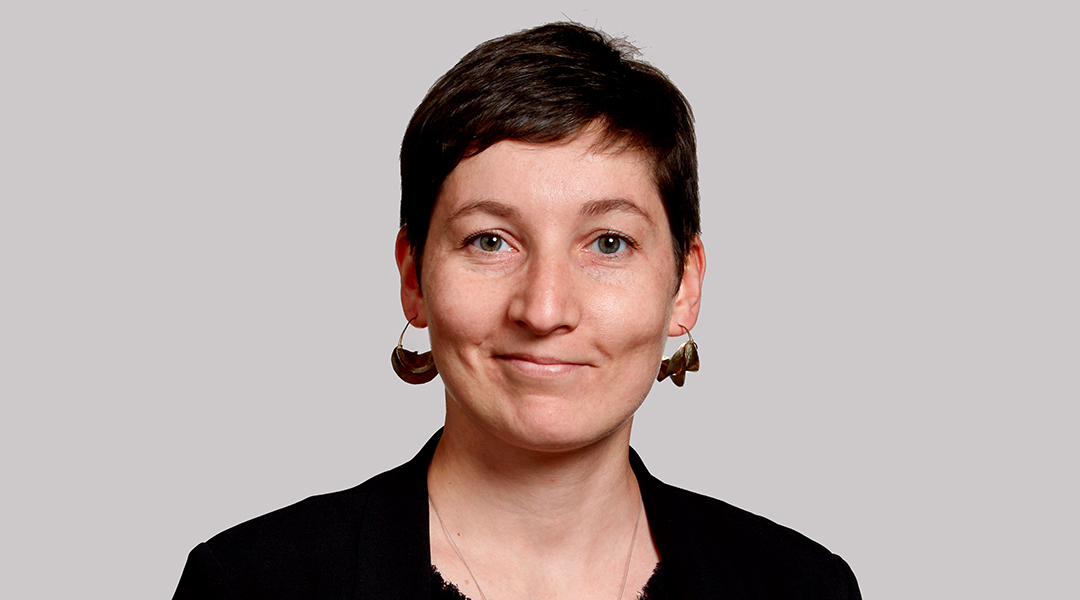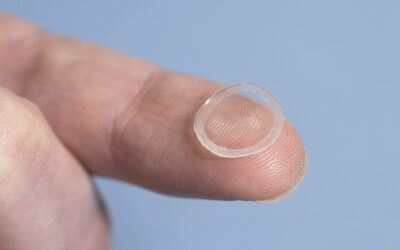Relocating is a common experience for many young scientists. Researchers can broaden their scientific expertise, discuss new ideas, and create meaningful relationships and collaborations by moving abroad. Tracking the movement of early-stage academic researchers around the world would create a complex network joining the most diverse places, connecting small universities in remote regions to top-tier research institutions, and research groups across 6 continents.
After completing a 2 year postdoctoral research contract at Northwestern University with Prof. George Schatz, Dr. Micaela Matta will be heading to England after being awarded both a Royal Society Newton International Fellowship and a Marie Skłodowska-Curie Individual Fellowship. She will be leading a challenging project on bio-inspired semiconductors at the University of Liverpool, hosted by the group of Prof. Alessandro Troisi.
Hi Micaela! Could you tell me about your area of expertise and your recent research activites in the US?
Throughout my carrier, I have studied many types of organic semiconductors and I am particularly interested in relating various material properties, from Young modulus to morphology and packing, to their charge transport mobility. While at Northwestern, I started to work on novel materials for organic solar cells. I then became interested in designing bio-inspired conducting polymers for bioelectronic applications in healthcare [including] glucose sensors and implantable devices for nerve stimulation.
Are bio-inspired polymers part of your future research plans in the U. K.?
As a Newton International Fellow, my research will study melanins for the next generation of bioelectronic devices. I will focus on how water and electrolytes affect the conducting properties of these materials. In particular, eumelanin, the bio-pigment present in human hair, eyes, and skin, is a potential semiconductor in bioelectronic devices such as sensors and implants. The project is really challenging not only because of the structural complexity of this material but also for the coexistence of electronic and ionic transport involving both eumelanin and the electrolyte.
What are the benefits of performing research in the US? What did you not expect?
Probably more funding going to research and research infrastructure, although I haven’t seen official figures on this issue. The downside for me was that I was able to attend fewer conferences; traveling is more expensive and there are fewer opportunities in our field besides attending big events such as the American Chemical Society meeting. In Europe, I feel like there are more [opportunities ] and they are easier [to attend].
How much do you think this time in the US will affect your future research activity? How many on-going projects you are working on that will also include US-based collaborators?
My experience at Northwestern has benefited my career immensely. I was able to publish in high-impact journals, interact and learn from scholars and researchers who are world leaders in their field. I have two important ongoing collaborations tied to the US.
As a computational scientist you are not tied to a physical location to carry out your research. Do you find working alone like this challenging?
The flexibility our job grants us is a positive aspect. As I’m back to Europe where transportation is easier, I plan to work remotely more often. Let’s foster more collaborations, especially among younger scientists! Google and stack exchange are our best friends, however, learning best practices from advisers and peers is also fundamental. It does get lonely sometimes, which is why I always try to organize social events within my research group. More human interaction translates into a healthier and more productive environment.
How many countries have you lived in in the last 5 years?
Three: France, US and now the UK.
Do you have any tip for those who are now thinking about a career in scientific research?
Go for it! Especially if you come from a diverse background, we need you!. If you’re a woman, or queer, or non-white, or a first-generation student, and are considering this career path but wonder whether you’ll ever belong, don’t let the lack of representation put you off from pursuing your goal. Generally speaking, I would strongly recommend getting a Ph.D. regardless of your intentions to stay in academia or move towards the industry. It is a life-defining experience that prepares you for whatever may come next.
Find Dr.Matta on google scholar, twitter and on her personal webpage.

















